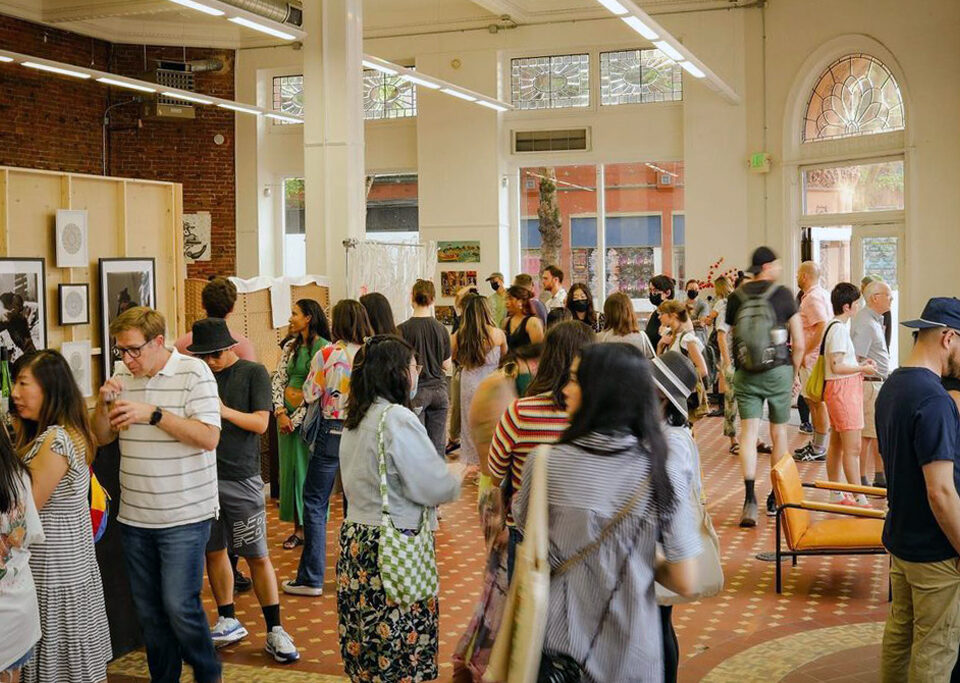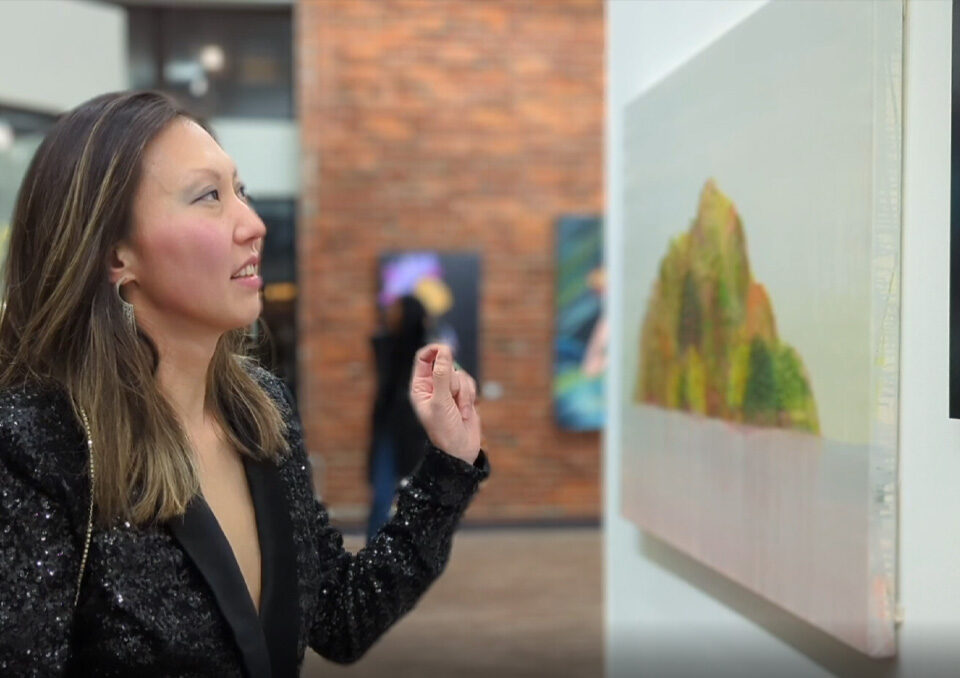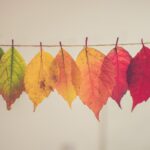
Not So Healing Anymore…Rebranding
October 18, 2023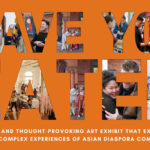
Have You Eaten Fundraiser
January 16, 2024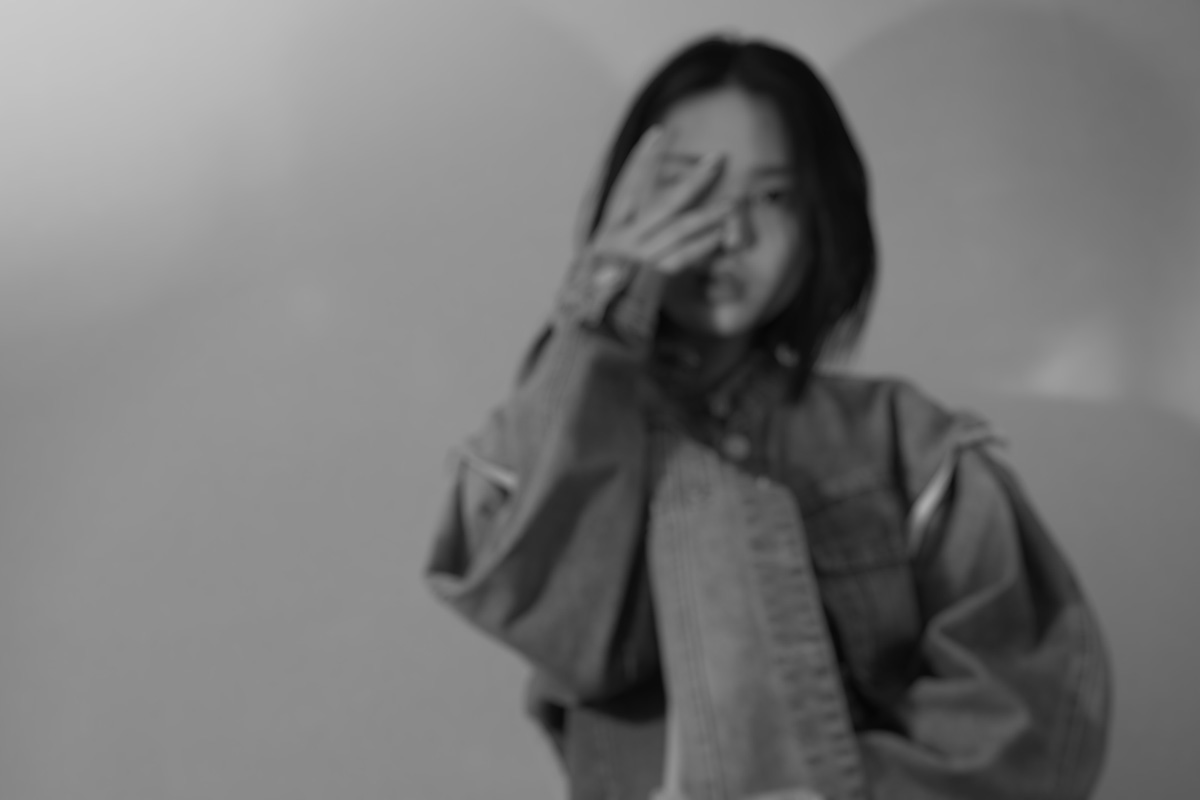
I’ve been posting reels on Instagram, short 1.5 minute clips, from My Name Story project. One story in particular, Annah, who is a Korean adoptee and talks about her Korean identity, has been getting traction and at last count was at almost 100k views. The increased views results in more comments, especially by a broader audience outside of my socially conscious one. Some of the commentors seem downright offended by Annah’s experience, with one such person asking, “If you feel that way then why immigrate to a white country?”
I recently had coffee with an Asian American friend and we were talking about the paradox of being Asian American women. We are the most sought after in dating apps while our male counterparts are the least. My friend said that when she joined one for the first time after the end of a long-term relationship, she had over a hundred interested men, predominantly White, overnight. Yet, we are also invisible where it counts, underrepresented in positions of power.
What does it mean to be visible and how can we be both visible and invisible at the same time? It’s complicated and layered and I think about them through two different gazes―one external and the other internal. When I think of the external gaze, which is being visible from the outside, I think of the way we are packaged for White, patriarchal consumption so that we are palatable and appeal to outsiders who have no context for understanding what it’s like to an Asian American woman. It feels like an erasure of everything that makes us different and an othering experience, which is a directive to just be grateful and a good model minority and stereotype. Ironically, adhering to this gaze means we are ultimately rendered invisible. We internalize this and end up constraining ourselves and each other. Once we stop and begin to see ourselves through an internal gaze and listen to our own voices, we give ourselves permission to start showing up in a way that is centered on our experiences, not molded or packaged for other peoples’ comfort or understanding. This creates friction between the two gazes, giving us true visibility but conflicts with how outsiders want to see and consume us so they invalidate, dismiss, and stop looking…and we become invisible. I’m sure many women can relate to this experience but once you start piling on intersectional identities, the friction and backlash become heightened.
For many first and second generation Asian Americans, there is a paradoxical complexity to our experiences living in America. We are othered yet we call this place home even when it doesn’t feel like it. For me, growing up in America meant struggling with internalized racism, but this also led to finding my voice and passion to work on projects likes My Name Story. This doesn’t mean I am grateful for racism and if I had lived in Korea, I wouldn’t have experienced this. But othering happens in Korea in other ways like conformity and misogyny* so I’m glad my family left. I’m glad I grew up in America because it meant having the freedom to be the person I am today, but it’s also an America I don’t like and want to change. We all grapple with paradox. We live just so we can die. We appreciate more when we have lost. We can experience both two seemingly opposite feelings like grief and joy at the same time. I’m sure you can think of many examples in yourself and your own life. It’s just the nature of being human but it is also in our nature to simplify and categorize everything into black and white or good and bad. This results in our inability to hold paradox, which means there isn’t much room for complexity and differences in experiences. There can only be one truth, instead of the many that form based on our specific life circumstances.
There are some strong opinions on Annah’s video, not just by outsiders, but other Asians too and I would guess that not many of those people, if at all, were adopted.** I appreciate these comments because identity is a really complicated thing, especially for Asian Americans because we are perceived as perpetual foreigners. I can’t count the times I’ve been asked, “Where are you from, no really, where are you from?“ Ask any Asian American and they’ll tell you the same. In Annah’s case, she is an Asian American woman and adopted so she has no ethnic context other than her name, having been raised by a White mother. The debate over identity and, more broadly, who gets to be American and who gets to define what “American” looks like is why I started this project because these are all the things that come into play when I take a critical look at my own name journey. Everyone has an opinion on these questions and they love projecting it onto this tiny slice of Annah’s story because she’s challenging and creating friction against mainstream beliefs for both Asians and non-Asians alike about identity and whether or not we get to choose that for ourselves.
“If you feel that way then why immigrate to a white country?” that commenter had asked. Other than the misguided logic of asking a Korean adoptee why they chose to immigrate, this person is really asking us why we live here if we don’t like it. There are so many assumptions in this question, as if being here is a choice, as if we were unaffected by growing up here and can just be plopped in our heritage countries and fit right in. The truth is, being Asian American in a country that sees us as perpetual foreigners means we don’t fit in anywhere. If I were to respond, which I wouldn’t to someone who insists on our invisibility, I would direct them to Xin’s name story video. Xin immigrated at the oldest age among our participants, coming here when she was 12. She explains,
“I feel like I’m an immigrant to both locations now…I’m not fully either and I’m the best version of both. Even though I said internally this is how we feel, are we American enough? Are we fitting in? But also, what are we fitting into? No matter how ‘home’ we feel, other people don't see it that way…so I feel a lot of work is nothing we need to do. Other people need to wake up and see that this is our home.”
America is my home and it’s big enough for all of me and all of us, paradoxes and all.
*I’m reading Flawless by Elaine Hu about K-beauty and it’s terrifying.
**There are also many more people who resonate with Annah’s story, mainly Korean adoptees.

